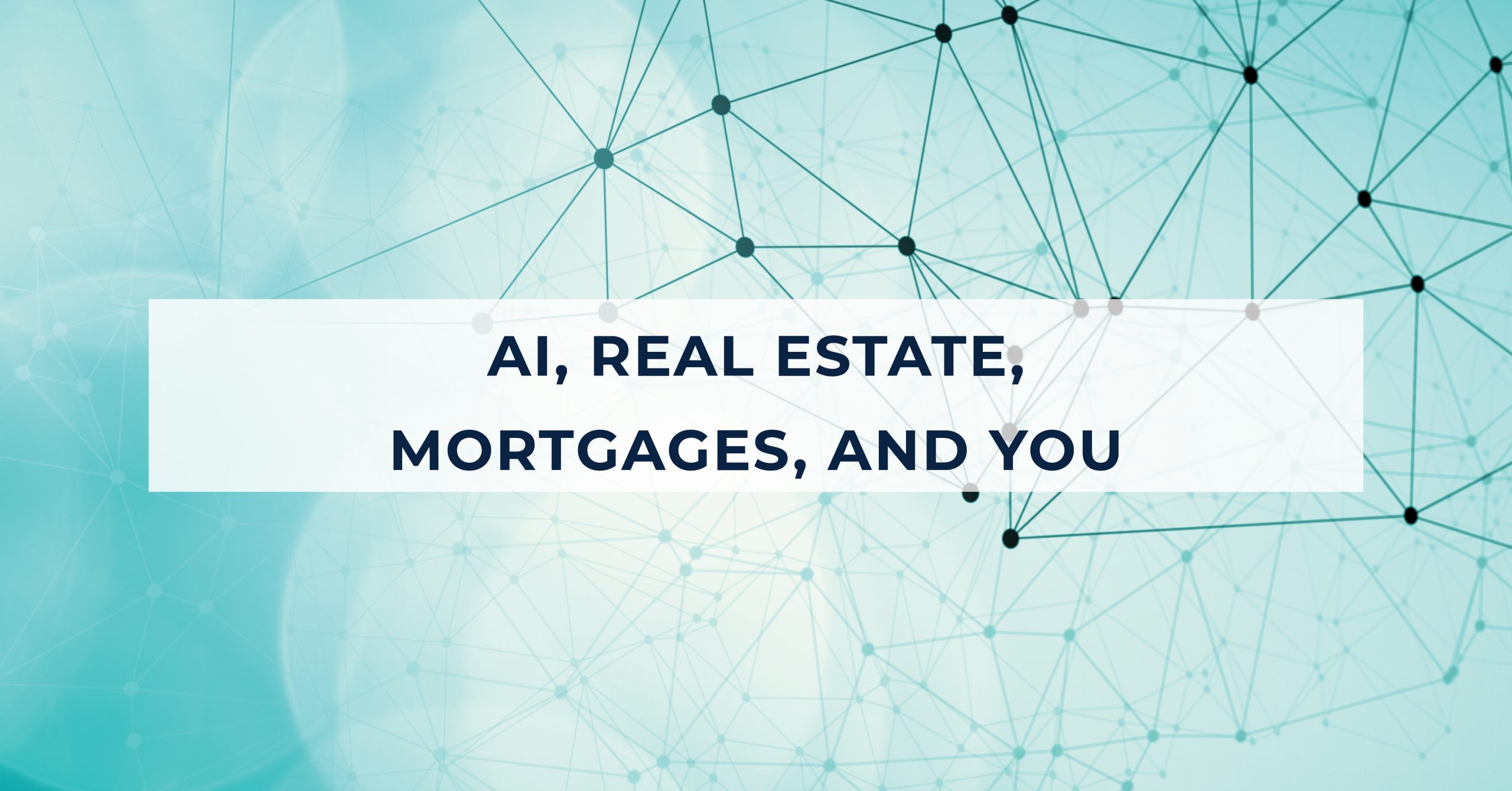
By Alena Kairys
Aug 29, 2023Advancements in artificial intelligence (AI) are taking the world by storm and changing industries across the board, including that of real estate and mortgage lending. AI is an ever-evolving field that uses deep learning algorithms and neural networks to follow human-generated prompts. Here’s how AI might affect how you buy a home in the future.
Virtual Home Staging
Staging is a crucial part of the home selling process, but what if you could stage your home without a single piece of furniture? Virtual staging involves uploading photos of empty rooms of a home and digitally adding photorealistic furniture and decor to enhance it. Some virtual staging companies use human designers to select items and color schemes, but some solely use AI to accelerate the process by generating multiple outputs within minutes. Depending on the software, AI can be used to produce images tailored to the aesthetic of your choice, the style and purpose of the room, create 3D video tours, and even improve natural lighting. Using virtual staging is much more time-saving and cost-effective for home sellers and real estate agents than hiring a staging team. Having attractive listing photos is a huge step up from using poorly staged photos or empty rooms, even if the furnishings are actually nonexistent. Homeowners can also use AI staging as a source of home redecorating inspiration.
Automated Valuation Models
Home appraisals are a standard part of the home buying and refinancing process to determine the property value. Appraisals consider the characteristics and condition of your home and compare it against recent sales data of similar homes in your area to see how much it could sell for in the current market. Automated valuation models (AVMs) expedite appraisals by using sales data and property records to calculate value to a high level of accuracy. AVMs aren’t new to the mortgage and real estate industries, but advancements in AI have improved their abilities. For example, the current version of Zestimate, Zillow’s AVM, incorporates neural networks to give users a more accurate value. Some emerging AVMs combine computer vision with property data to assess property value from pictures of the home. This can help real estate agents price homes more accurately and give sellers a realistic expectation for how much their home is worth. Additionally, an increasing number of residential (and commercial) property developers use AVMs to pinpoint the best location for new build sites based on local population data. AVMs provide practical figures quickly and efficiently, benefiting homebuyers, sellers, agents, and lenders who need a home value estimate before an in-person appraisal can be done.
Mortgage Lending
Reviewing mortgage applications and numerous pieces of financial information is an extremely complex task, and AI is quickly becoming an essential tool for mortgage lenders. It enhances the mortgage process for lenders and consumers and is being used for: customer service chatbots, fraud detection, document upload and organization, identifying optimal loan scenarios, underwriting, and cost analysis for buying and refinancing. Automated underwriting systems (AUS) have been around for a while, and they reduce the time it takes to verify and analyze financial information. When an AUS is augmented with AI, it can further reduce human error, improve turnaround time, and use predictive models to indicate lending risk.
Is AI Good for Homebuyers and Sellers?
One of the goals of AI development is to facilitate and optimize processes that would normally be time-consuming, difficult, and expensive. Ideally, the time and money saved by using AI will be reflected in the buyer’s closing costs. Real estate and mortgage professionals can also have more energy to put towards creating a more personalized client experience. As AI’s capabilities expand, so do questions about bias and accuracy. Critics worry about a lack of nuance and bias for AI AUS and AVMs. These sophisticated learning models may have a lot of data to draw from, but they can’t always create a comprehensive picture of someone’s financial situation. It is essential that AI developers continually monitor outputs for traces of algorithmic discrimination and use a wide range of data to train the system. The housing and mortgage industries will need to set standards and best practices to promote equity and accuracy. We can also expect more federal and state regulations to protect consumers in the near future.
The AI landscape is still a new frontier, but it’s clear that it has and will continue to revolutionize how society operates. But even the best-trained AI models cannot replace the creative thinking, knowledge, empathy, and dedication from real-life real estate and lending professionals.
If you have any questions about buying a home, contact one of our licensed Mortgage Loan Originators. If you are ready to begin the home buying process, click here to get started!
These blogs are for informational purposes only. Make sure you understand the features associated with the loan program you choose, and that it meets your unique financial needs. Subject to Debt-to-Income and Underwriting requirements. This is not a credit decision or a commitment to lend. Eligibility is subject to completion of an application and verification of home ownership, occupancy, title, income, employment, credit, home value, collateral, and underwriting requirements. Not all programs are available in all areas. Offers may vary and are subject to change at any time without notice. Should you have any questions about the information provided, please contact us.